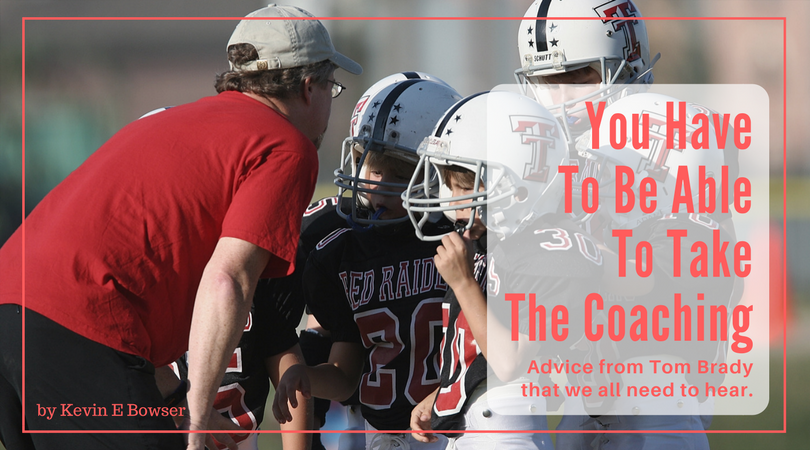There must be structure and a methodology in a leadership coaching relationship if you want to maximize your chances of success. A leadership coach must have a personal organizational structure and a methodology in order to be successful in their own leadership role. And they must be able to communicate that methodology or advocate for one more suited to the client if they are to be a successful leadership coach.
Create an Organizational Context
Writing a guide or creating a framework that essentially cobbles together the best ideas from multiple bestselling business books is not a plan. And it does not do the client nor the organization any good. It would be better to just buy the books and let your client read them. Organizational development needs to focus on how ideas apply to the individual organization in very specific ways: first honing them for general leadership, and then applying those skills to the local organization. Successful organizations with good strategic plans include very prescriptive language about how they differentiate themselves in the market. Leadership training should be an output from the strategic plan. If organizations can’t tie leadership development to furthering the organization’s strategic goals, then that needs to be either dropped or reworked until the right links can be fashioned.
Reconcile Management and Leadership
Many secular organizations create frameworks, competencies, and guides intended to help employees see a broader world beyond their jobs, and to help move them progressively through more responsibility, and hopefully, more pay and benefits. Management is dramatically and fundamentally different from leadership. Most leadership clients that be candidates for some leadership development or coaching will have subordinate staff. They will, at a minimum be surrounded by others that they must continue to “manage” in some form or fashion. Therefore, ensure that leaders know they remain responsible and accountable for their management assignments as well as their influence (leadership).
Click here to read the rest of the article »











